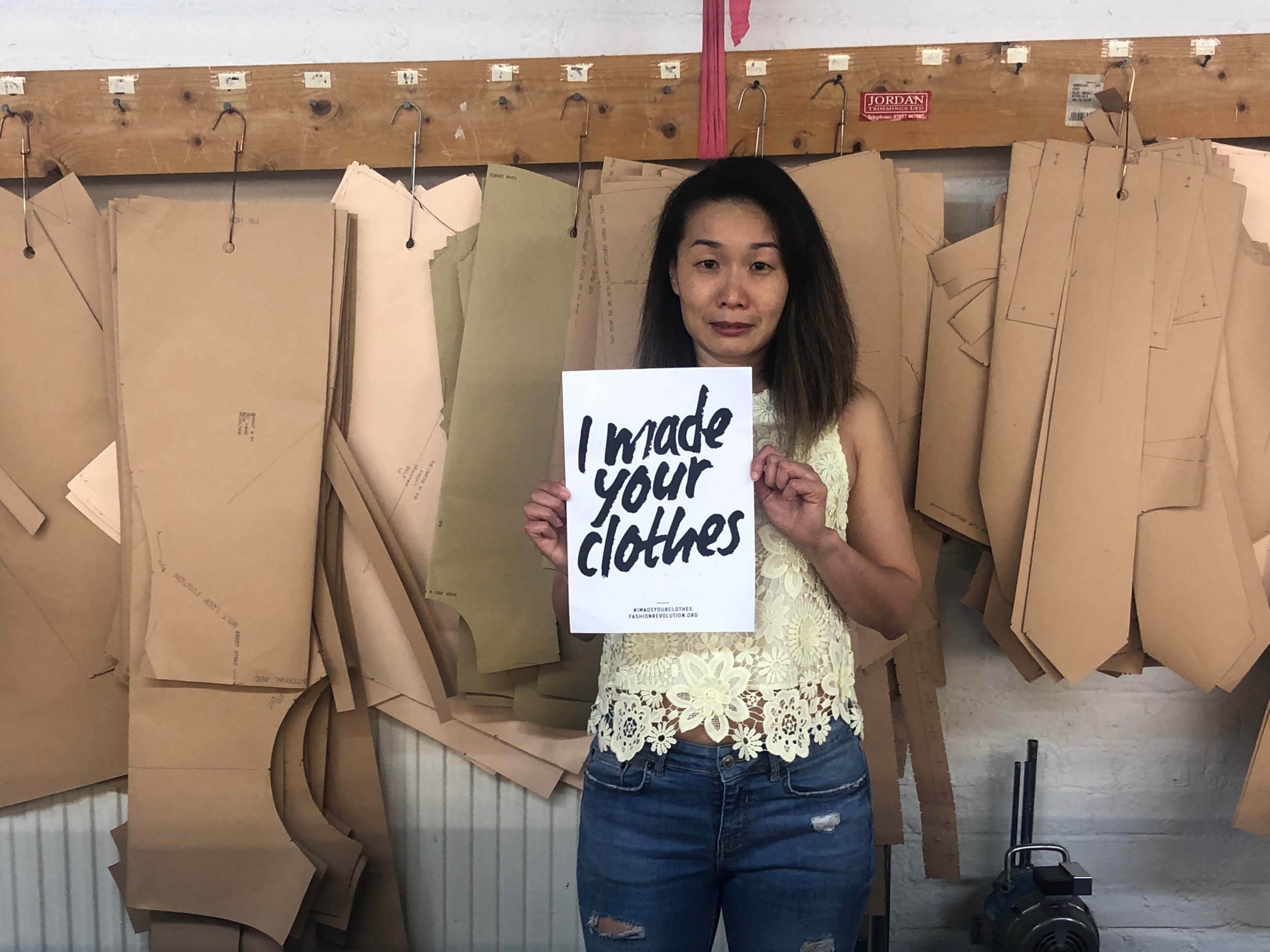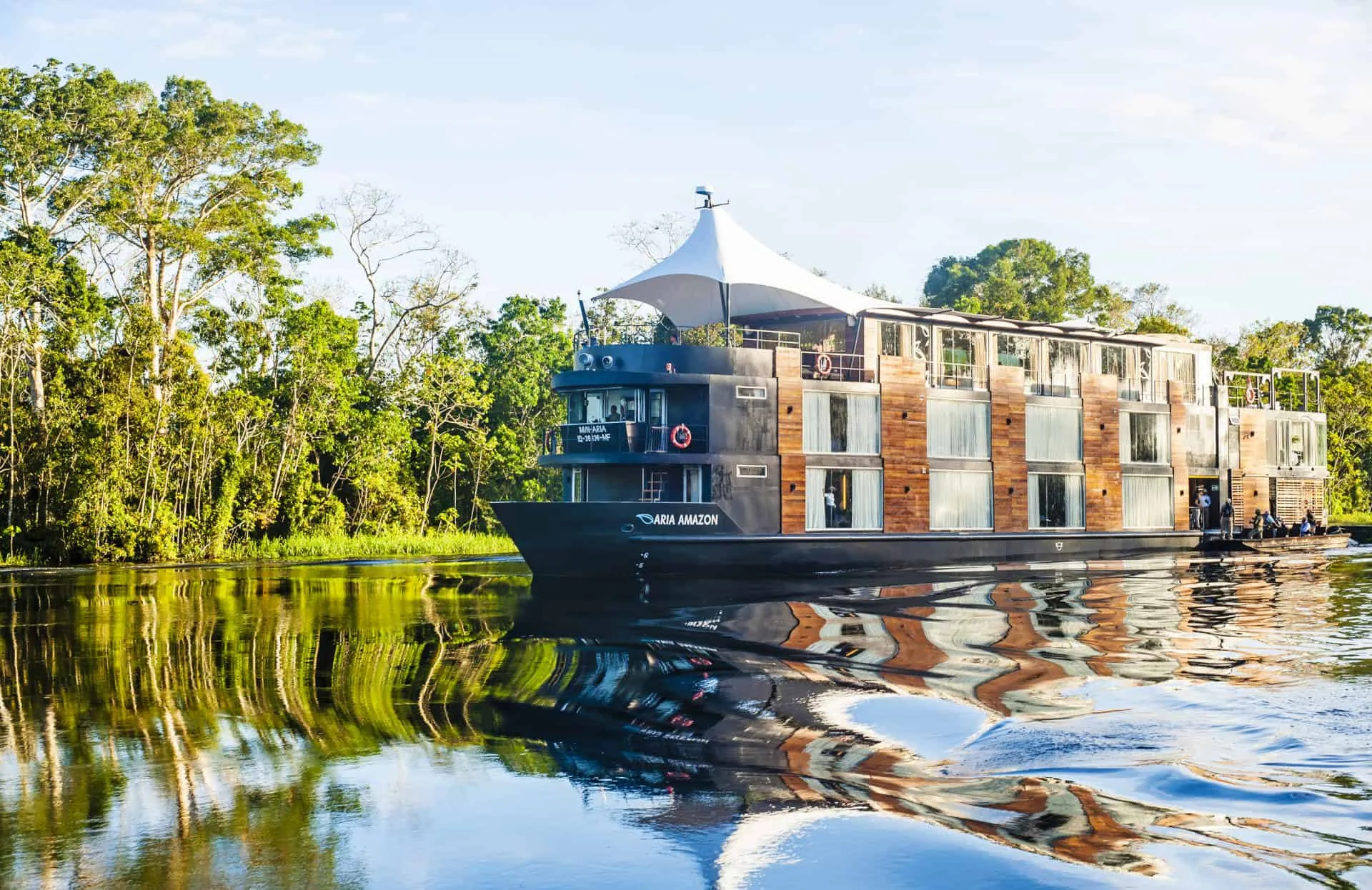What’s up with Sustainable Travel?
It wasn’t so long ago that the thought of a few sneaky sun-filled weekends away followed by a long haul flight to more exotic climes raised only dreamy smiles here at Cucumber Clothing HQ, rather than raging internal moral struggles. Living in an age where sixteen year old Greta Thunberg has sailed on a zero emissions sailboat to New York (possibly not entirely practical for a family of five during school holidays) it seems the world of travel has lost its innocence.
We, and we are certain you, have been following the increasingly disruptive global weather events over recent years, including the now raging fires across South America. And probably like you, we cannot help but feel an unavoidable, seriously uncomfortable guilty twinge when pressing the ‘buy’ button for our next flight to paradise.
At the end of a long summer where much of the UK has in vitamin D deprived desperation decamped abroad to try chase the sun (that’s us too, dear reader), it is an issue that can feel oh-so-simple to put in the ‘think about it next year’ folder in one’s mental filing cabinet.
Talking about when, why and how one should (or shouldn’t) travel can feel super personal and utterly overwhelming. Both as parents and as founders of a clothing start up we have had to drill deep and ask ourselves a whole lot of questions. After all, not only do we embark on travel as individuals, but our products do too.
In creating Cucumber Clothing, we have learned making changes, however small, can and do make a difference; that it is often better to start with smaller, incremental changes rather than feeling helpless and frozen in the face of hurdles that appear to be so enormous that nothing short of a second big bang could shake things up.
It is clear that for now, air travel is here to stay. So just as we at Cucumber are advocates for slow fashion – fashion that focuses on sustainability, long lasting quality and fair treatment of people, animals and the planet, we have also become advocates of sustainable travel which rests on the three pillars: environment, social and economic. The very first step is bringing a small amount extra of thought to your itinerary before you press ‘go’. Simples.
Here is how to do it:
Travel to destinations that value sustainability.
Use the Environment Protection Index https://epi.envirocenter.yale.edu/epi-topline that lists countries by their EPI ranking. No surprises that Switzerland tops the list, but countries like Albania have skipped up the list by investing in the Karaburun-Sazan Marine Park. Supporting countries that value their own natural heritage is key.
Research how to get there
We all know that the easiest way to get somewhere may not always be the best for the environment. Aside from the obvious of trying to train it more than you plane it, here are a few other things to ponder.
Planes - If you are going to travel by plane, look for airlines that invest in sustainability. ANA the Japanese airline, issues Green Bonds, which raise funds for green projects both domestic and overseas. KLM, Qantas and United all use sustainable aviation biofuel. Delta have removed all single use plastics from their flights (representing a saving of over 300,000 tonnes of plastic a year.) Once you start looking, there are positive choices you can make.
Boats – Cruises are a big thing, literally. With some cruise ships the size of small towns, the energy spent powering them and the sewage and general waste produced can be enormous. If you are a cruisaholic, try smaller ships, such as those used by Aqua Expeditions that sail the Amazon and Mekong and who make a point of maximising fuel efficiency, minimising emissions and making sure they only emit 100% sterile water back into nature.
Choose where you stay with care
Sustainable travel does not need to mean basic. With a new, woke travel industry, luxury properties are racing to gain sustainability credentials, which means much more choice for the consumer. Looking for far-flung? How about Mashpi Lodge, Quito, which not only rests in an astonishing beautiful area of biodiversity, the visionary creator behind it is an ecologist and passionate environmentalist. One of National Geographic’s Unique Lodges of the World, no trees were felled in its construction, and green practices are observed throughout and there is a resident biologist. Want somewhere closer to home? Try Borgo Pignano, Tuscany, where solar panels and wood chips (from the estate) fuel heating and hot water, environmentally friendly products are used throughout the hotel and the estate itself is using innovative farming techniques to help soil improvement and irrigation and water conservation.
Mashpi Lodge
Once you’re there…
When you have arrived at your dream destination think about walking or cycling rather than driving when you are out exploring.
Eat local and support local and neighbourhood restaurants rather than international chains. Buy locally grown food and use local farmers’ markets to reduce food transport miles and put money back into the local economy.
Buy locally made crafts to take home with you – check the label to make sure they haven’t been flown in from a foreign factory, reducing air miles and supporting local artisans.
Practice ‘slow travel’, which is just what it says on the tin. Stay in one place for longer and truly get to know it, rather than taking a whole series of quick flights.
When you have finalised your plans, you can now truly enjoy yourself in the knowledge that you have taken those most important first steps towards being a sustainable traveller.
Bon voyage!
A bit about Cucumber Clothing
Cucumber is the brainchild of North London friends Nancy Zeffman (formerly in advertising with Saatchi & Saatchi) and Eileen Willett (ex-Nicole Farhi). They are friends who met at the school gates almost twenty years ago, and who recognised the need for stylish, sustainable sleepwear and loungewear using cutting edge fabric technology to help maintain an even body temperature and keep the wearer cool day and night. Their complementary characters and continuing friendship have helped create their vision for Cucumber







